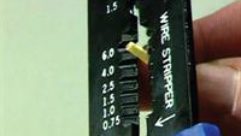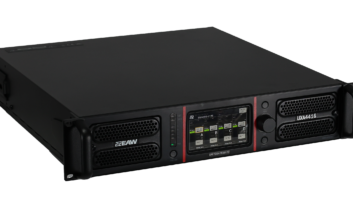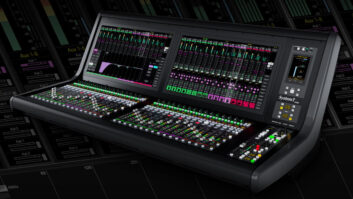
How to choose the correct wire gauge
A cable that’s too light will waste amplifier power because of the series resistance of the cable. It also will cause low-frequency performance loss because of poor damping.
The gauge loudspeaker cable you use affects what the listener hears. A cable that’s too light will waste amplifier power because of the series resistance of the cable. It also will cause low-frequency performance loss because of poor damping.
On the other hand, a cable that is too heavy is awkward and costly. Good engineering practice suggests keeping line losses below 0.5dB, although many professionals suggest 0.25 dB as a maximum loss target. Factors that contribute to this loss include:
- Impedance of the load (loudspeaker)
- Cable length
- Cable gauge
- Amplifier impedance.
Note that an 18-gauge cable with a 4-Ohm speaker at 100 feet results in 2.5 dB of loss. A loss of 3 dB would mean that the wire, not the speaker, is dissipating half of the amplifier’s power.
Here are some suggested wire gauges for different distances and impedances:







